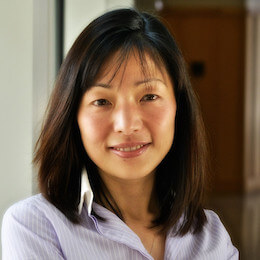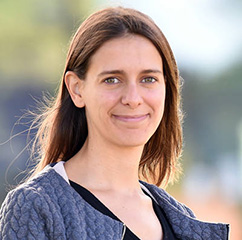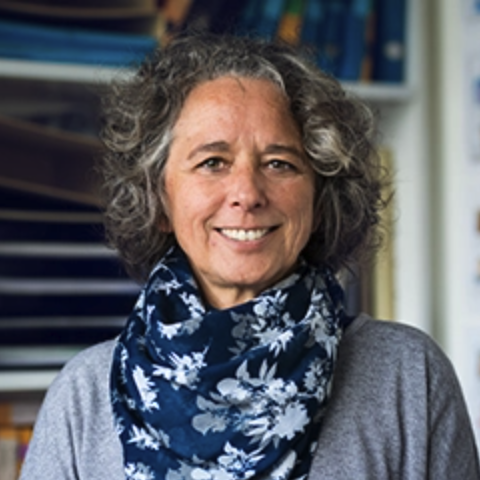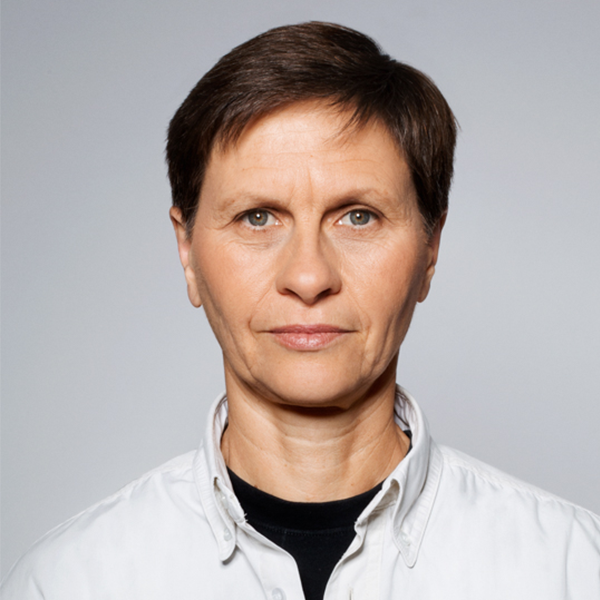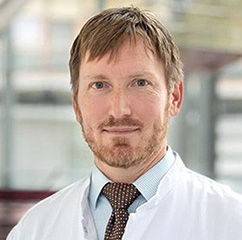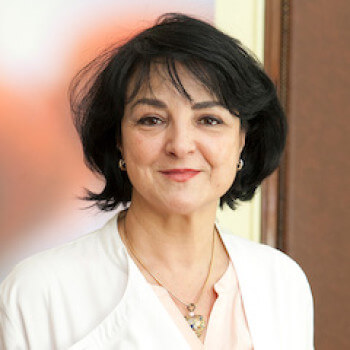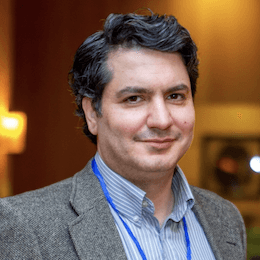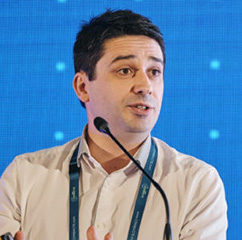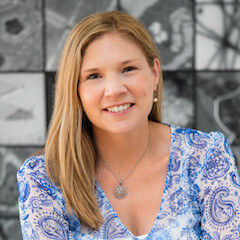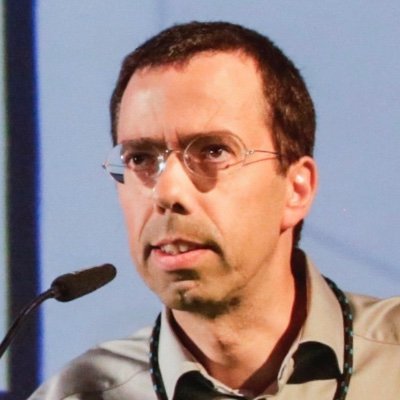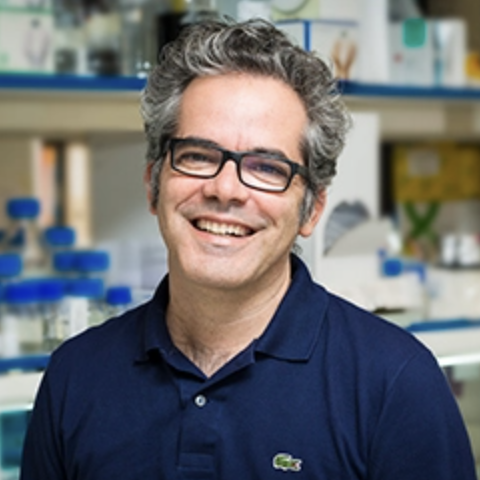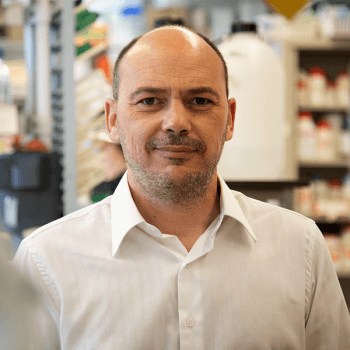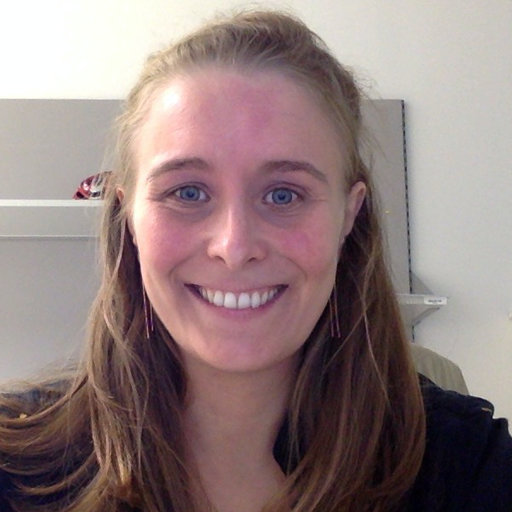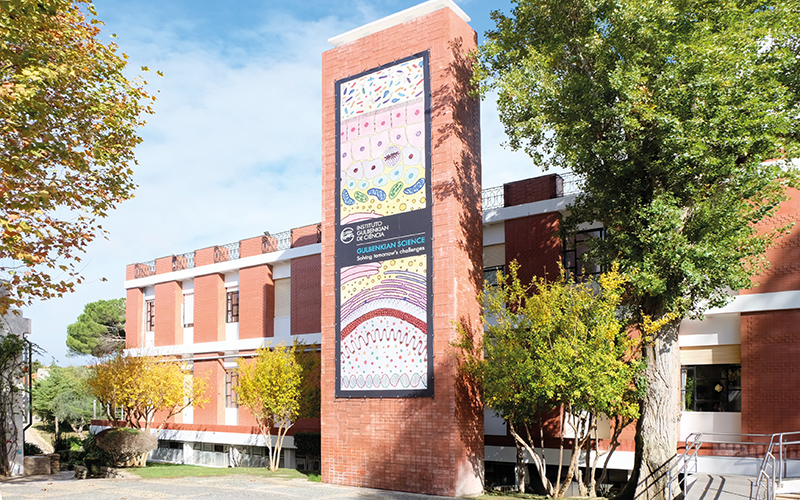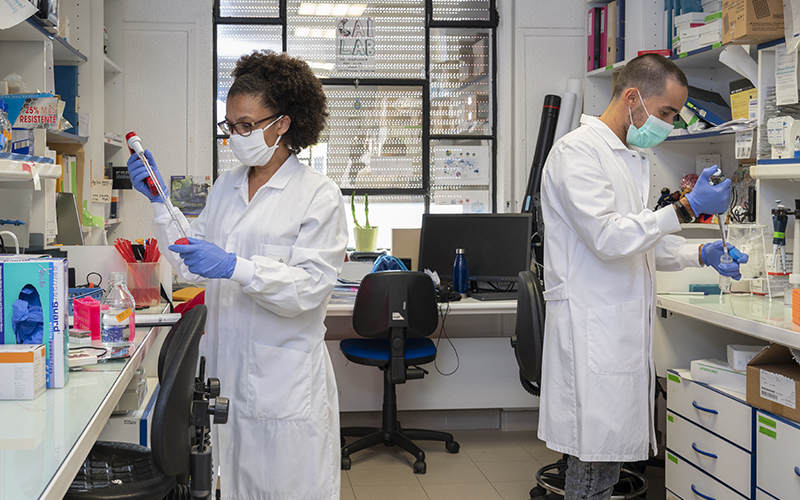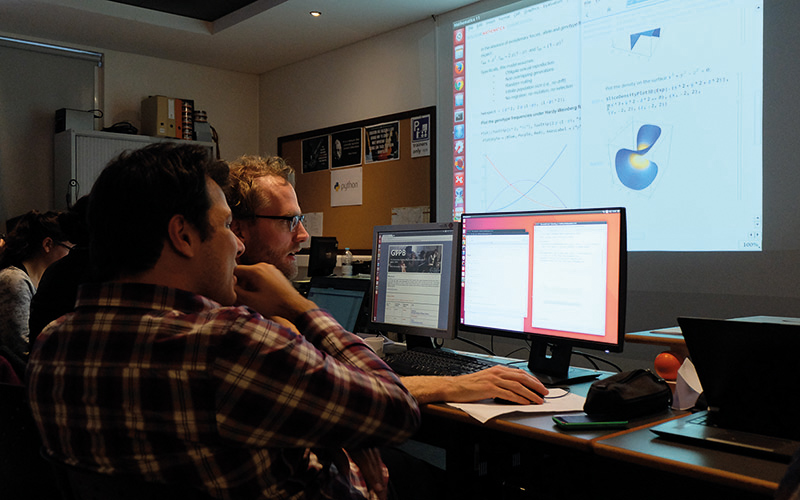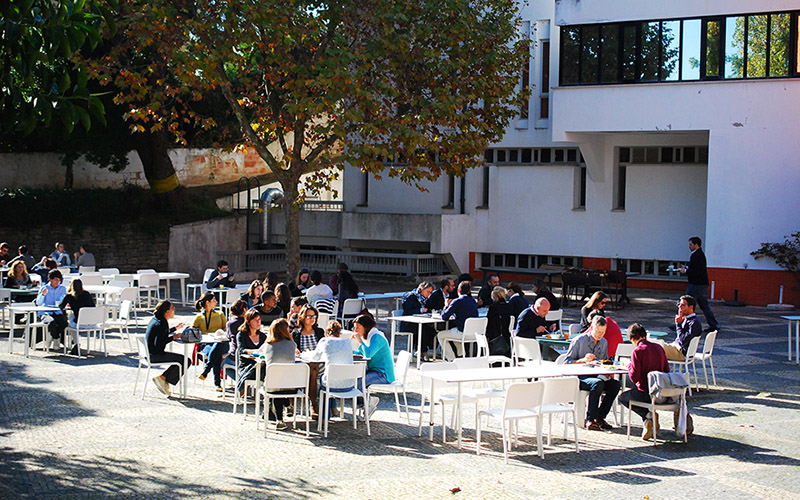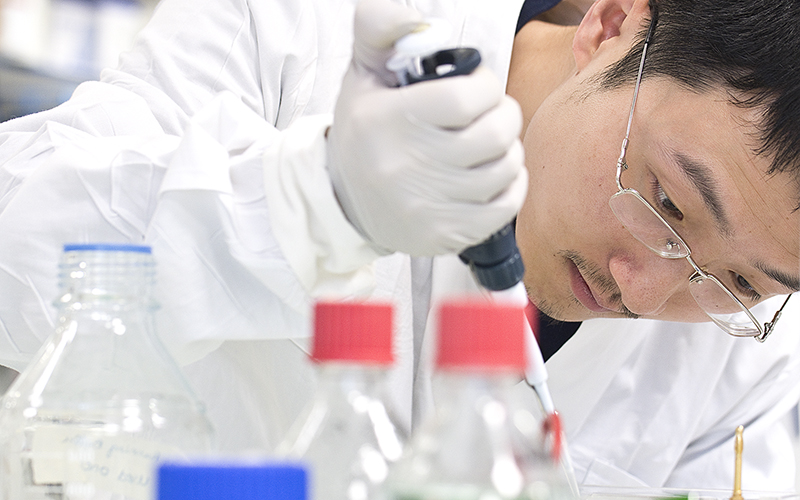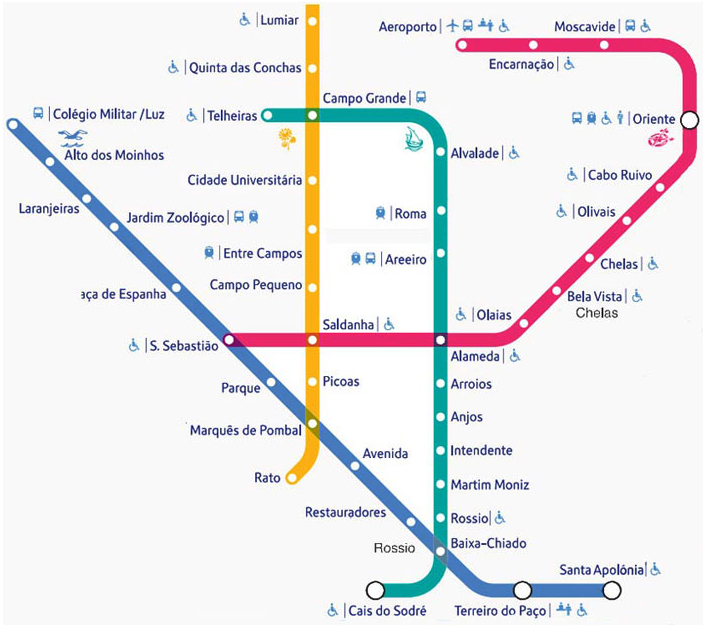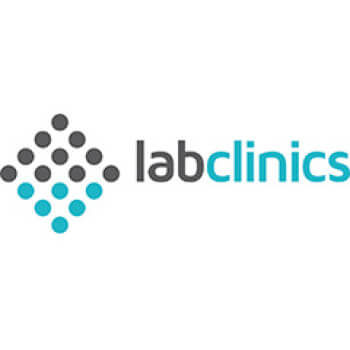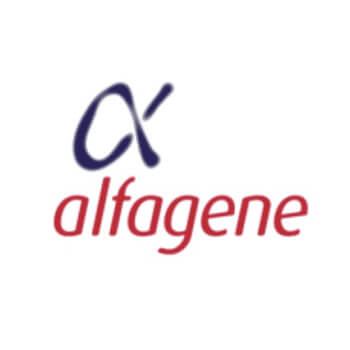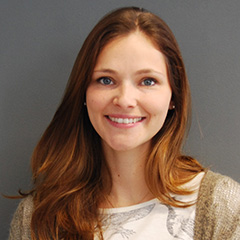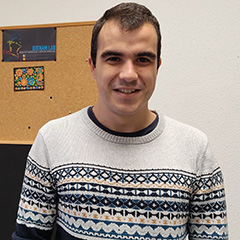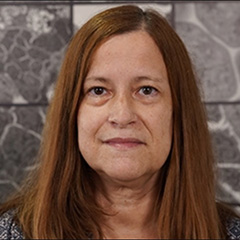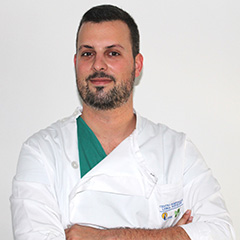A transdisciplinary symposium towards understanding human health.
October 26-28, 2022. Oeiras, Portugal 🇵🇹
The global pandemic showed the critical importance of integrating fundamental 🧬, computational 🖥, and clinical research 👩⚕️ to promote systemic understanding of a global threat to humankind. Global epidemiological assessments informing national and regional policy-making around the world were only made possible due to fundamental mechanistic knowledge of coronavirus biology dating back decades, large-scale data on human mobility patterns enabled by recent technologies, as well as massive onsite and dynamic clinical reporting from health institutions.
It is now clear that complex human diseases can only be tackled by transdisciplinary efforts that integrate fundamental, computational, and clinical research. This is not, however, an easily achievable feat, as fundamental laboratory discoveries are often not directly transferable into clinical settings, with controlled experiments not necessarily reflecting organismic and societal complexity. Only with synergy between fundamental researchers, clinicians, and data scientists can we hope to gain the depth of understanding required to address the physiological mechanisms behind some of the most challenging human diseases at the interface between hosts and pathogens.
The goal of the [3C] Cells, Computers & Clinics Symposium is to do exactly that, to bridge fundamental, computational, and clinical research in the scope of complex diseases, including (but not limited to) those related to host-pathogen interactions.
We look forward to having you with us, on the sunny and beautiful campus of the Instituto Gulbenkian de Ciência, a research institute at the forefront of interdisciplinary biomedical research located in Lisbon, where the Tejo river meets the Atlantic.
See the submission & registration instructions
Important dates & details
Symposium dates: October 26-28th, 2022
Submission deadline: September 7th, 2022 September 23th, 2022
Registration Waiver: September 7th, 2022
Registration deadline: October 1st, 2022
Participation costs
| Student / Postdoc | Academic | Industry | |
|---|---|---|---|
| On-site participation* | 100€ | 150€ | 300€ |
| Online participation (50%) | 50€ | 75€ | 150€ |
*On-site registration includes meals and social program.
Accommodation not included and a list of suggested hotels will be added soon.
Commitment to inclusiveness
We have a limited number of online registration waivers (100%) for participants from developing countries or in need of financial support. If you would like to be considered please fill out this form (waiver form). In addition, the meeting is open to a diversity of backgrounds and perspectives, so as to broaden discussions and promote collaborations across different disciplines. We also recommend third-party travel grant options, such as the Company of Biologists' Disease Models and Mechanisms Conference Travel Grant.
Family-friendly event
The venue has a fully equipped lactation room (with fridge and microwave oven), and childcare support (crèche and nursery services) can be arranged, upon request, in partnership with an off-site school located 2.5 km from the meeting venue. Please indicate on the registration form whether you would like to request this service (limited numbers), as well as details on the age of your child.
Sustainability 🌿
All meals are vegetarian by default. At registration, you can select other dietary options. Badges will be retrieved and recycled at the end of the symposium. We will also avoid unnecessary conference bags and paraphernalia; reusable glass bottles of water will be provided to speakers and participants instead of disposable plastic bottles. We will hold the meeting in hybrid mode, both for inclusiveness and to limit travel and consequently, carbon footprint.

